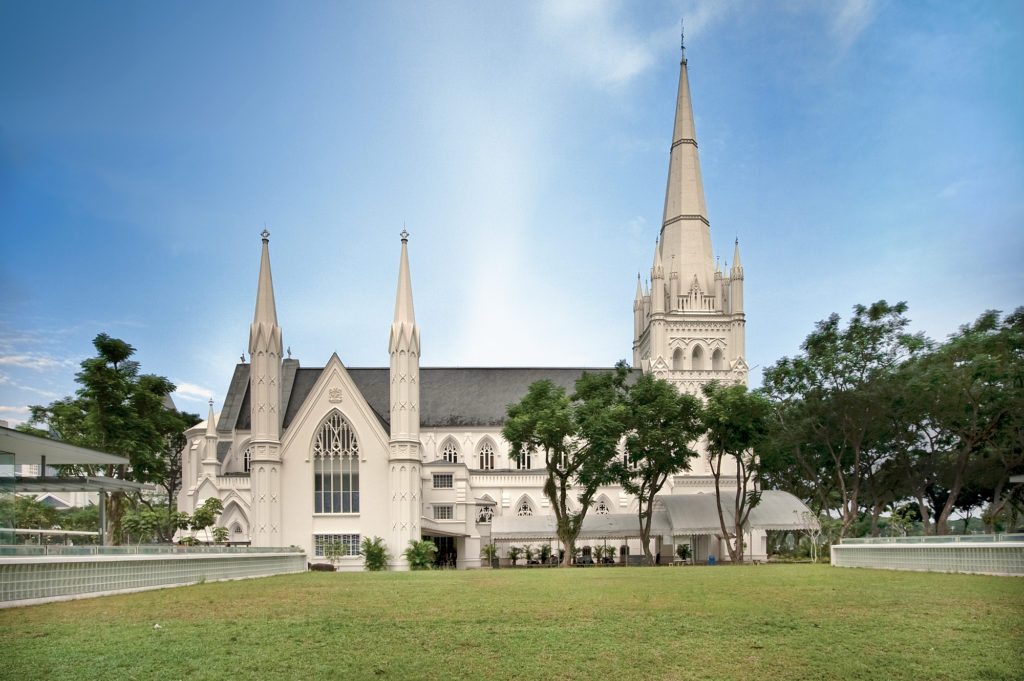
Today, Christians worldwide celebrate Easter, one of the most important festivals in the Christian calendar, commemorating the resurrection of Jesus Christ.
Although the Humanist Society (HSS) was founded as an organisation for the non-religious, small numbers of Christians have been regularly attending our events for years. They are independent-minded, well-read, and supportive of many Humanist causes. Their perspectives are valuable because they have spent considerable time in both Christian and Humanist environments.

Three years ago, we conducted an interview with John Hui on his experience as a Christian and a regular participant of HSS events. This Easter, we had a chat with our good friend Dr Mathia Lee (left), another Christian who had attended many HSS events over the years.
Q: What is your religious faith and what religious services do you attend regularly?
Mathia: I identify as Christian, but perhaps not in the usual sense. I believe in the existence of God, but view many of the Christian practices today, such as the religious services, as a cultural practice we inherited from the West (Europe and the United States). Thus, I try to practise my faith through the life choices I make, rather than through cultural rituals. I also try to make career choices that improve the lives and well being of my community, and volunteer for disadvantaged community members.
Q: With the suspension of church physical services due to Covid-19, how have you been coping?
Mathia: Hasn’t impacted me personally because I don’t usually attend church. I thought it was nice that some churches attempted to repurpose their premises as shelters for workers seeking urgent housing.
Q: When did you start attending Humanist Society events? And what attracted you to our events?
Mathia: I started joining the Singapore Humanism Meetup (SHM) about a decade back. (Editor’s note: SHM was our predecessor.) I was at its very first meetup! The publicity blurb for that first meetup was the first time I have heard about Humanism. It resonated a lot, so I attended out of curiosity. Over the years, I continued to join events, though not as often as I would like because of other life commitments.
What attracts me most are the discussions I get to have with other attendees: Everyone is a humanist in a different way, and it is always interesting to hear different perspectives towards the many interesting topics and themes of HSS gatherings.
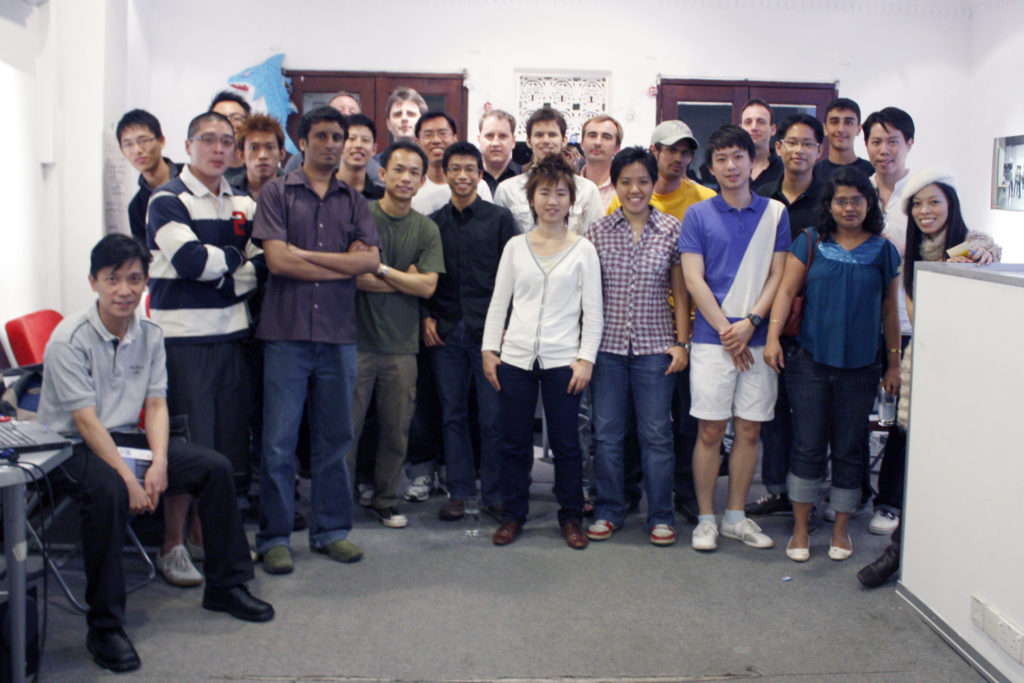
Q: What is your first impression of HSS? What was the biggest surprise to you?
Mathia: I have gotten to know the few regulars of the SHM meetup group by the time they decided to get the HSS registered. I recall the process taking quite a while with the authorities, so I was very happy when they finally managed to register the HSS.
I felt that being a formal organisation would finally give us the recognition and standing to be represented in civil society discussions when it came to matters of faith/non-faith. That has indeed happened a lot over the years, though it is still frustrating when the views of people without a religious faith are not considered in decision-making.
The biggest surprise has got to be our gender ratio. Why is it disproportionately male?! I still don’t understand, haha.
Q: How does the environment in the Humanist Society compare to that of a church?
Mathia: It’s similar to some churches in the sense that there are rich connections, friendships, conversations, shared common values and a sense of identity. It differs from the church that I had attended in my growing years though, which tended to be more family-centric and intergenerational.
I’ve found the kinds of conversations, activities and dynamics closer within the HSS to be the kinds that one would have with our peers, even if there were age differences. There’s less of a sense of hierarchy that one feels around friends of our parents.
Q: How did the humanists, atheists and agnostics etc. react when they learnt you are a Christian? How did you respond to them?
Mathia: I’ve never had a negative reaction! Most people are just very curious, which creates opportunities and topics for conversation!
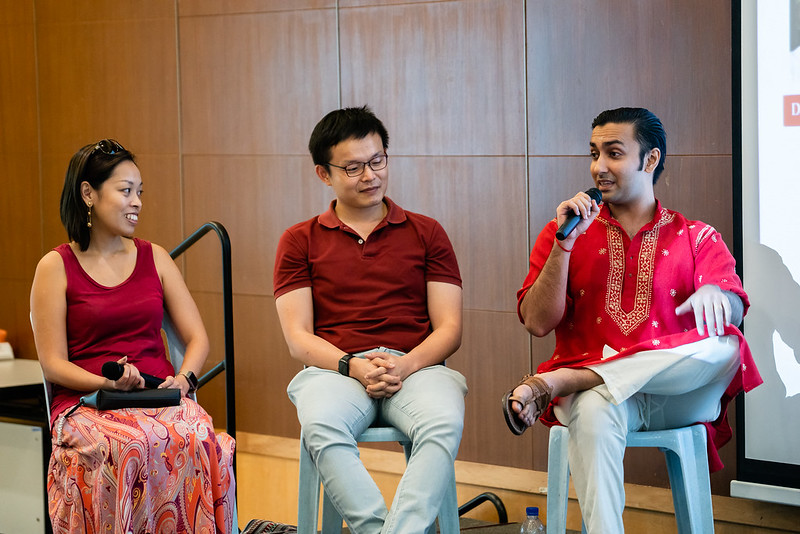
Q: Did you feel hurt whenever the Humanist Society releases statements that are critical of religion /religious institutions?
Mathia: On the contrary! Much of the statements that the HSS releases are much needed, and where critical, very deserved, in my opinion! The HSS has always been very respectful of people’s beliefs, respecting the human right to freedom of belief and expression. Where HSS tends to be more critical, are against practices that harm the well being of either those who do not believe in those practices, or particular segments of the community, eg. the LGBT community. (Editor’s note: HSS’ stance on LGBT issues)
The HSS often calls on the wider community to practise more critical thinking and compassion in applying religious beliefs and interpretations. I think such criticisms are important for the growth of our society as a whole, including religious believers.
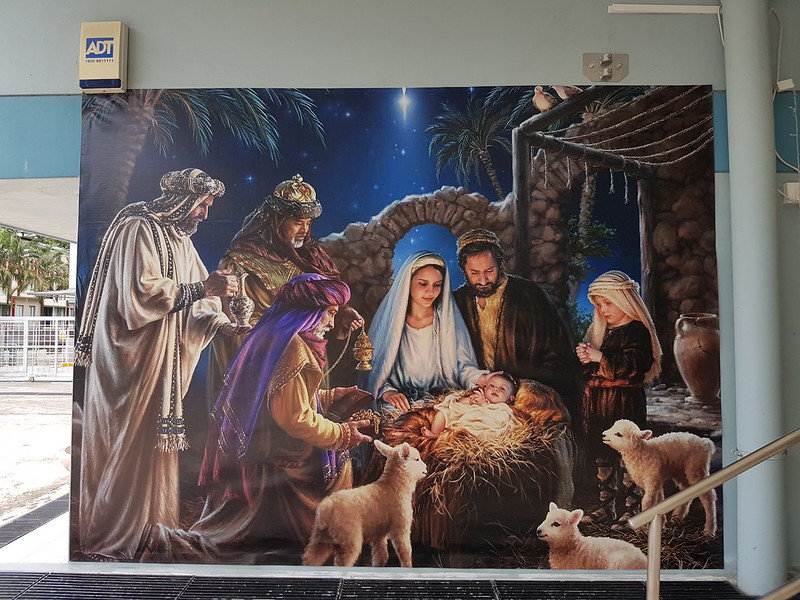
Q: What is the biggest misunderstanding that many atheists, agnostics, humanists have about Christians?
Mathia: The one line that I’ve realised most non-Christians find most offensive, is “believe in Jesus/God, or you will go to hell”. It sure does sound very threatening, especially in today’s context where telling someone to “go to hell” is an expression of anger and hostility.
However, most Christians mean it differently! While I’m personally too sceptical of human nature to believe that most Christians evangelise out of pure love, I do believe most are trying to express a good intention. It sounds ironic, but most of them would mean it with the same intentions that a grandmother would say “watch out for cars, or you will get killed on the road!”. Or how, in April 2020, we admonish stubborn elderly relatives to “stay home, or you will get COVID-19!”
People who believe in the existence of heaven and hell, and a deity who determines where you’ll go based on whose team you’ve chosen to be on, would be very eager to ensure the eternal well being of those they care about!
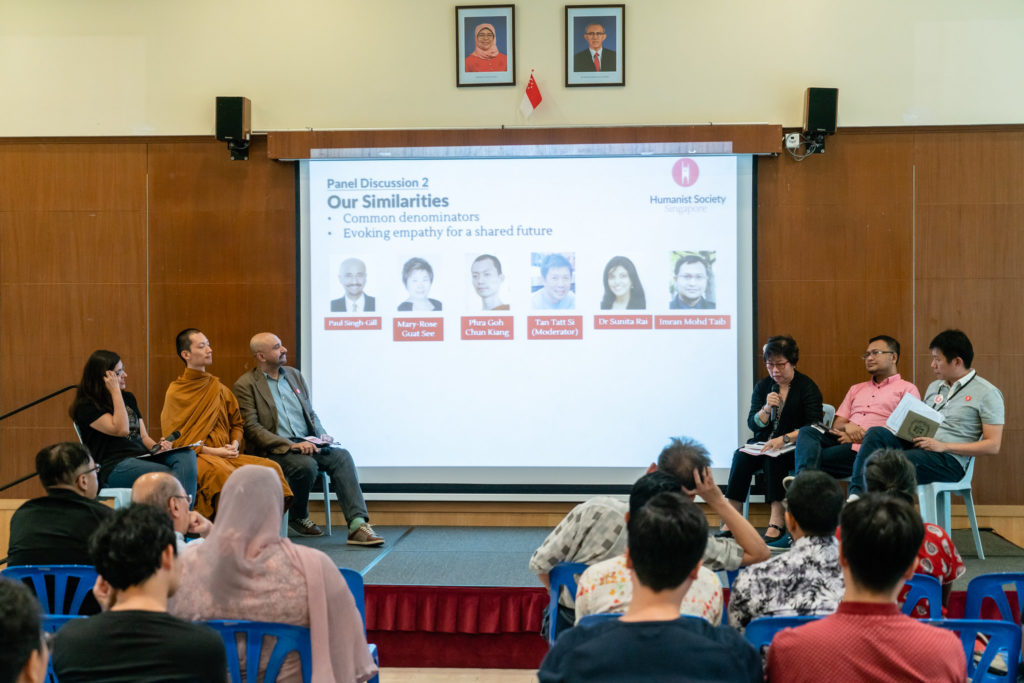
Q: What is the biggest misunderstanding that many Christians have about non-religious people? (atheists, agnostics, humanists etc.)
Mathia: That secular = non-religious. Many religious persons, not just Christians, think that the voice of non-religious people are already represented in decision-making, as most public agencies, businesses, non-profits etc. take a secular view.
While there are certainly overlaps, and certainly much of the non-religious community’s voice would echo secular considerations, it is important to have representation of non-religious communities (18.5% of the Singapore population) in consultation/feedback channels, rather than inviting only religious groups to the table.
I’m glad that this has been happening more, thanks to the representation by the HSS. The presence of the non-religious community representatives at these tables would be to feedback how non-religious *persons* are affected by decisions, physically, emotionally, socially, and financially.
Many religious communities access support through religious organisations; non-religious communities may not have as much access if they were not viewed as a community of people, but simply a collection of decision-making considerations.
Q: How do you think our mutual misunderstandings can be resolved?
Mathia: I believe in good old fashion dialogues, conversations, friendships! If community leaders and influencers can help to encourage openness, curiosity and understanding, and encourage community members to grab opportunities for friendship, all of us would be better off. Or at least if people continue to judge or hate, it’ll not be because of misunderstandings.
Dr Mathia Lee is a public health research specialist, with interest in the well-being of marginalised groups. In her private capacity, Mathia contributes back through community research and championing dialogue on sexuality, gender and faith. We thank her for the interview.




